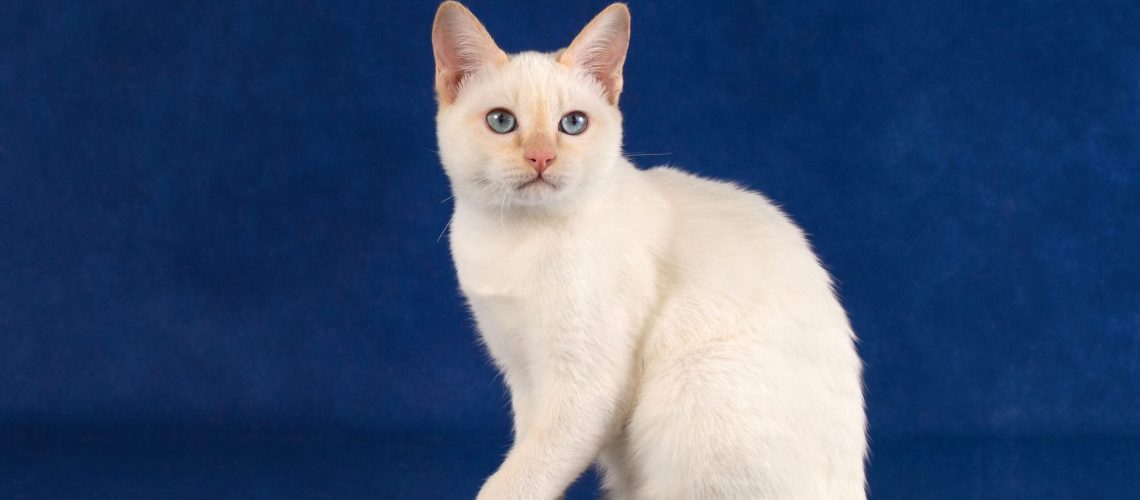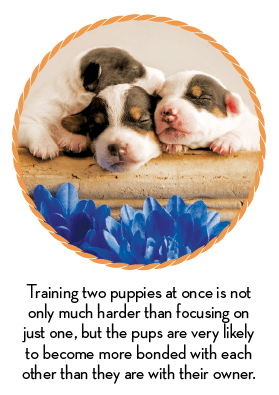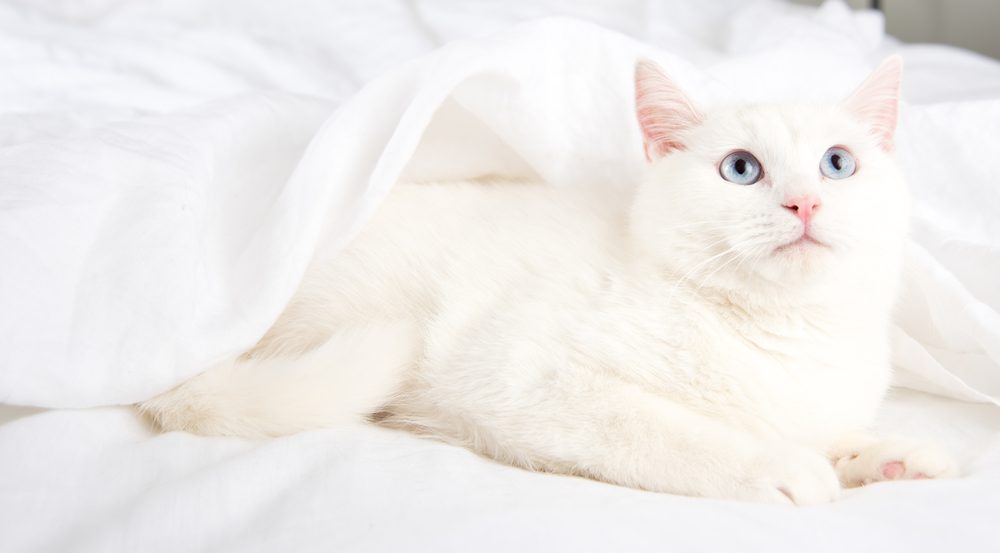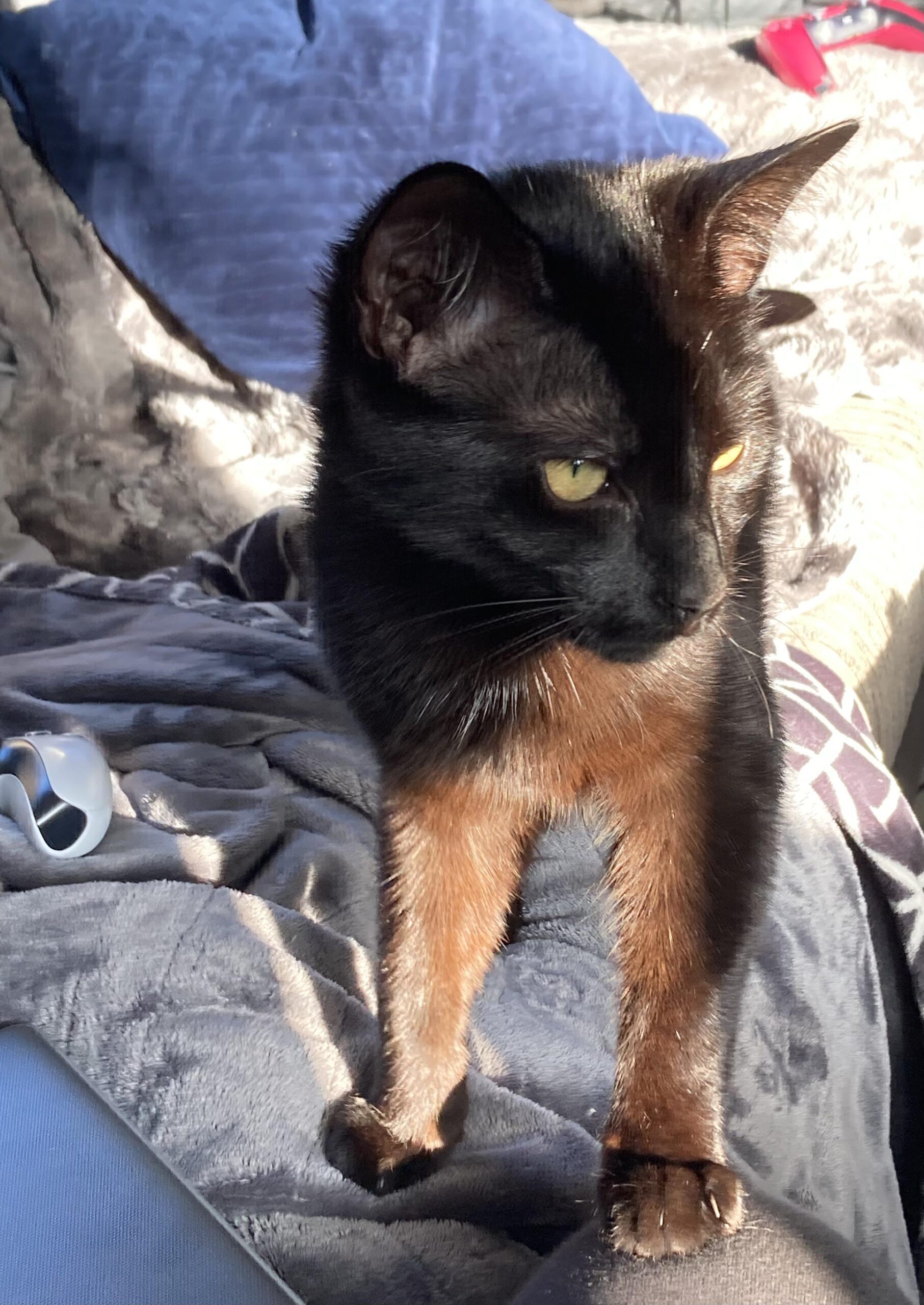Are you curious about how your adorable little ball of fur will grow and develop over the next few months?
Exploring the world of kitten development from 6 months to 1 year can provide valuable insights into their physical and behavioral changes, helping you understand and nurture your furry friend better. By delving into this subject, you'll gain a deeper appreciation for the wonders of nature and witness firsthand the amazing transformation your kitten undergoes.
So, let's embark on this journey together as we uncover the secrets behind your kitten's growth and celebrate each milestone along the way. Get ready to be amazed by the incredible journey that awaits!
Key Takeaways:
- Kittens continue to grow rapidly during this stage, both in size and weight.
- They become more independent and start exploring their surroundings with confidence.
- Kitten teeth start to fall out, making way for permanent adult teeth.
- At around 8 months, kittens reach sexual maturity and may exhibit behaviors associated with mating.
- It is important to provide them with proper nutrition, playtime, and socialization to ensure their overall development.
How a Kitten Grows from 6 Months to 1 Year
Kittens are constantly growing and developing during their first year of life. From 6 months to 1 year, they go through significant changes both physically and mentally. During this period, kittens transition from being tiny, helpless creatures to independent and playful young cats.
At around 6 months old, kittens start to lose their baby teeth and grow their permanent set of adult teeth. This can cause some discomfort for them, so it's important to provide appropriate chew toys or treats to help soothe their gums. They will also experience a growth spurt during this time, gaining weight and becoming more muscular.
By the time they reach 9 months old, most kittens have reached their full size, although some larger breeds may continue growing until they are closer to a year old. It's important to monitor their weight during this time and adjust their diet accordingly to ensure they are getting the right amount of nutrients without becoming overweight.
Important Milestones in a Growing Kitten's Life
A growing kitten goes through several important milestones between 6 months and 1 year of age. These milestones mark key moments in their physical and behavioral development as they transition from being dependent on their mother to becoming self-sufficient cats.
One milestone is the completion of vaccinations. By the time kittens reach 6 months old, they should have received all necessary vaccinations to protect them against common diseases. This helps build up their immune system and keeps them healthy as they explore the world around them.
Another milestone is when kittens start exhibiting more independent behavior. They become more curious about their surroundings and may start exploring further away from familiar areas. This is also when they begin sharpening their hunting skills by pouncing on toys or chasing after moving objects.
Changes in Size and Weight as Kittens Approach Their First Birthday
As kittens approach their first birthday, they undergo significant changes in size and weight. During this time, their growth rate slows down, and they start to develop a more adult-like appearance.
Between 6 months and 1 year old, most kittens will reach their full size. However, it's important to note that larger breeds may continue growing until they are closer to a year old. It's normal for kittens to gain weight during this period as they build muscle mass and develop a sturdy frame.
It's essential to monitor their weight and ensure they are maintaining a healthy body condition. Overfeeding can lead to obesity, which can have negative effects on their overall health. Providing them with a balanced diet and engaging them in regular playtime can help keep them fit and active.
Behavior and Personality Changes in Growing Kittens
Growing kittens experience various behavior and personality changes as they progress from 6 months to 1 year of age. These changes are part of their natural development as they become more independent and establish their unique personalities.
Kittens at this age tend to be more adventurous and curious about their surroundings. They may engage in exploratory behaviors such as climbing, jumping, or investigating new objects. This is an important stage for them to learn about the world around them and develop problem-solving skills.
Their playfulness also intensifies during this period, as they have more energy to burn. They may engage in rough-and-tumble play with littermates or chase after toys with enthusiasm. It's crucial to provide them with appropriate outlets for playtime, such as interactive toys or scratching posts, to keep them mentally stimulated and physically active.
The Right Diet for Growing Kittens: 6 Months to 1 Year
A balanced diet is crucial for the healthy growth and development of kittens between 6 months and 1 year old. During this period, their nutritional needs change as they transition from kittenhood to adulthood.
Kittens at this age should be fed a high-quality kitten food that is specifically formulated to support their growth. This food should contain essential nutrients such as protein, fats, vitamins, and minerals to support their developing muscles, bones, and overall health.
It's important to follow the feeding guidelines provided by the manufacturer or consult with a veterinarian to ensure you are providing the right amount of food for your growing kitten. Overfeeding can lead to obesity, while underfeeding can result in nutrient deficiencies. Additionally, always provide fresh water for your kitten to stay hydrated.
Health Concerns and Vaccinations for Kittens at this Age
As kittens approach their first birthday, it's important to stay vigilant about their health and ensure they receive necessary vaccinations to protect them from common diseases.
At around 6 months old, kittens should receive their final set of core vaccinations, which typically include vaccines against diseases such as feline distemper (panleukopenia), feline viral rhinotracheitis, calicivirus, and rabies. These vaccinations help strengthen their immune system and prevent serious illnesses.
In addition to vaccinations, it's essential to schedule regular check-ups with a veterinarian during this time. The vet will monitor your kitten's growth, perform routine examinations, and address any health concerns that may arise. They may also recommend additional preventive measures such as flea control or deworming treatments.
Mental Stimulation and Playtime for Your Growing Kitten
Engaging in regular playtime and providing mental stimulation is crucial for the well-being of growing kittens between 6 months and 1 year old. Playtime helps keep them physically active, mentally stimulated, and strengthens the bond between you and your kitten.
There are various toys available that can provide mental stimulation for your kitten. Puzzle toys or treat-dispensing toys can challenge their problem-solving skills and keep them entertained. Interactive toys such as feather wands or laser pointers can satisfy their hunting instincts.
Additionally, play sessions with your kitten using interactive toys not only provide exercise but also help build trust and strengthen the bond between you. It's important to supervise playtime to ensure safety and avoid any potential hazards.
In conclusion, a kitten's development from 6 months to 1 year is an important phase where they grow rapidly and become more independent. During this time, they learn essential skills, such as hunting and socializing, that prepare them for adulthood.
How will my kittens behavior change at 6 months?
According to Veterinary Village, cats typically reach sexual maturity at around six months of age, which is often accompanied by increased energy. This is a good opportunity to strengthen your bond with your cat through playtime, but it is also important to address any negative behaviors such as aggression, biting, or scratching during this critical period.
Is a 6 month old kitten still a kitten?
By the time kittens reach 6 months old, they can begin to resemble adult cats. However, it is not until they reach 12 months old that they are officially considered adults and can transition to eating adult cat food.
What to expect from a 1 year old kitten?
A cat that is 1 year old and in good health will still possess many of the playful and curious traits of a young kitten. If your normally social cat has recently become more reserved, it is important to inform your veterinarian.
What is the fading kitten syndrome?
Fading kitten syndrome is a condition that affects newborn kittens and causes them to struggle to survive and often die before they are able to be weaned. The symptoms can vary depending on the underlying cause, but they commonly include excessive crying, low body temperature, lack of energy, isolating from their littermates, weight loss, and difficulty in nursing.
What age are kittens the naughtiest?
Between 2 weeks and 3 months of age, kittens go through a stage similar to the "terrible twos" in human children. This is when they are most active and may experience bursts of energy, often referred to as "zoomies." During this time, they may also exhibit scratching behavior.
At what age do kittens calm down?
When do kittens become less energetic? Typically, kittens start to calm down and show more of their personality between the ages of 9 to 12 months. Each cat is unique, with some being more playful and others more laid-back. However, these are common stages that you may observe as your lively feline grows older.

















